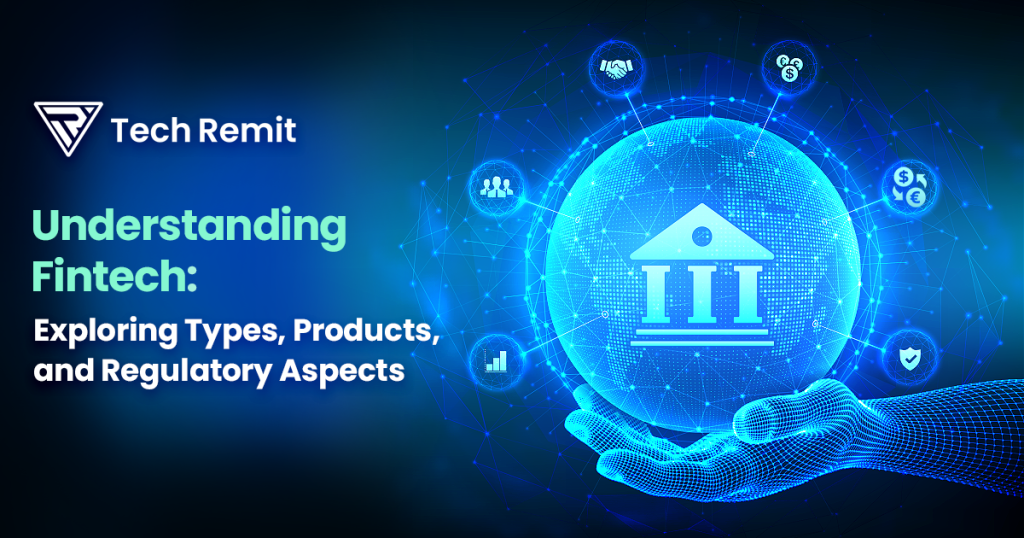Understanding Fintech: Exploring Types, Products, and Regulatory Aspects


Fintech is revolutionizing financial services and altering customer interactions with established business models across various sectors. It’s unsurprising that the financial industry is at the forefront of adopting cutting-edge technology in this new era of digital transformation. Technology permeates nearly every industry globally, with Financial Technology, or FinTech, playing a crucial role in simplifying numerous financial services for both businesses and consumers.
FinTech encompasses evolving technologies designed to deliver financial services faster and more efficiently than traditional methods. Increasingly, startups and financial models are adopting innovative approaches to enhance and streamline financial services.
FinTech amplifies the competitive edge of established business models by influencing financial processes and consumer behaviors. Generally, FinTech organizations leverage the Internet, cloud services, and software technology to provide financial services to customers via mobile devices.
Many FinTech solutions aim to seamlessly connect consumer finances with technology, facilitating user-friendly experiences in various financial processes.
After understanding what FinTech entails and its current market value, it’s essential to explore different FinTech models. While apps like Paypal and GPay fall under the FinTech umbrella, they represent distinct approaches.
It’s crucial to note that FinTech models are dynamic, and the industry is expected to evolve or undergo significant changes in the coming years.
FinTech companies must comply with relevant licensing, registration, and disclosure requirements within the Australian financial services system. This includes adherence to financial services and consumer credit licenses, consumer law, data protection, and anti-money laundering regulations.
Regulators such as ASIC and AUSTRAC aim to support FinTech companies by providing guidance, streamlining access, and establishing innovation hubs. These initiatives, coupled with a regulatory sandbox regime, foster a conducive environment for FinTech development.
The FinTech industry has undergone significant transformations since the 1990s, driven by the rapid growth of the Internet. New players are making strides in untapped areas beyond traditional sectors, impacting India’s finance-dependent economy positively.
Tech Remit, a leading software development company, offers FinTech solutions, including Money Transfer Software, trading platforms, order matching machines, and technical tools. Businesses can benefit from these advancements, and expert advice is available for customized software development to meet specific needs.
Also Read : Benefits of Using Blockchain in Finance
For the past few years, finance and technology have been working collaboratively to leverage innovation not just to digitise existing operational systems […]
Remittance is much different from what people had to deal with a couple of decades back. From physically handing over the money, […]
As one of the largest economic sectors, the remittance industry is evolving rapidly. Indeed, we have come a long way from sending […]